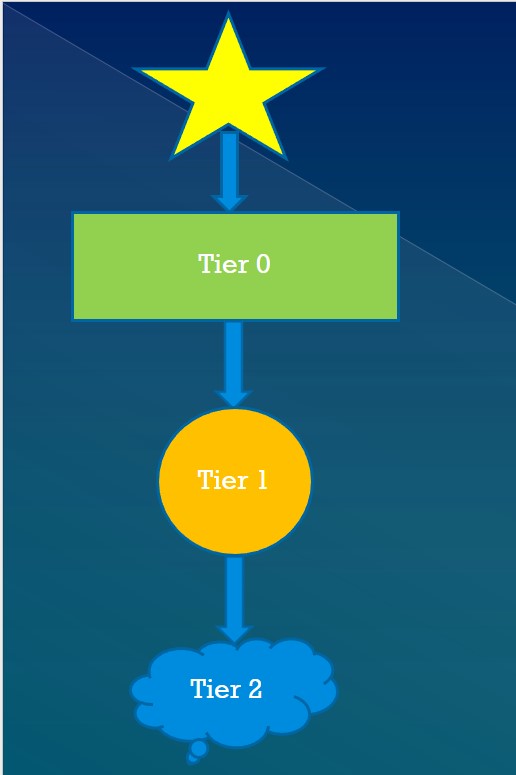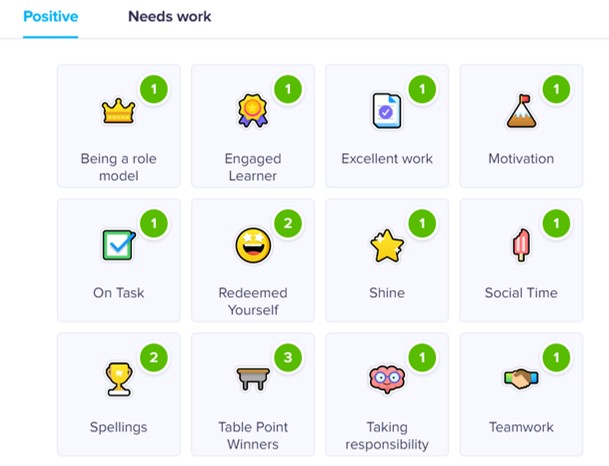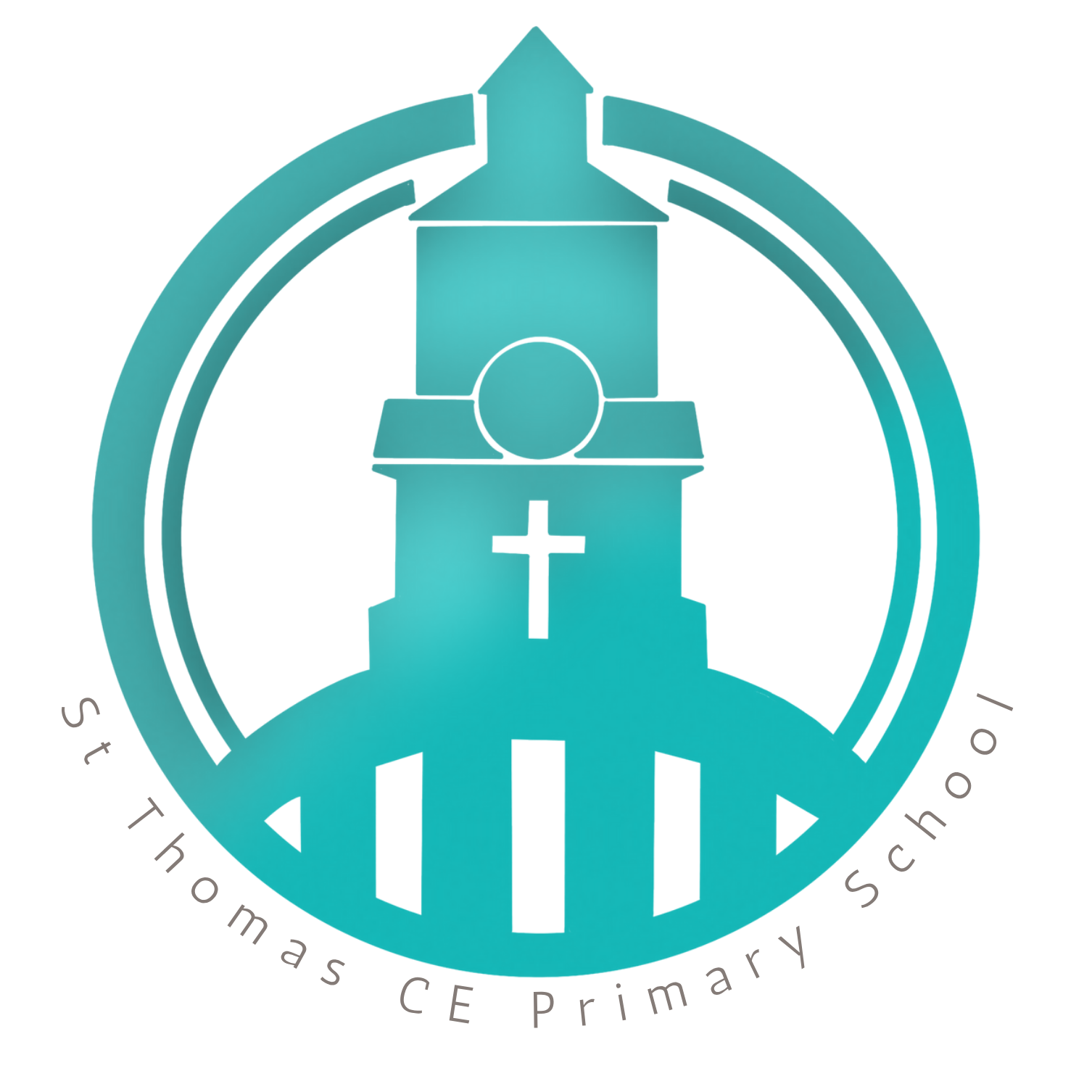Parents
Class Dojo
Procedures and Practices
Behaviour Recognition Boards:
Each classroom will have a Behaviour Recognition Board which contains an A4 version of our rules, four (green, gold, amber and blue) zones and each child’s name. There should also be a space at the top to write the behaviour expectation for that week/day/lesson. This can be a behaviour of the teacher/class choice that is less consistent or an expected learning behaviour. It should be regularly reviewed and referred to often.

Every day each child starts on the green zone (tier 0) labelled' I am Rock Steady and Ready to Learn’. The gold zone should be labelled ‘I am a Behaviour Superhero’. This zone is used as recognition of sustained exceptional behaviour or for recognition that a child has consistently shown the behaviour of the week/day/lesson. The amber zone (tier 1) is used as a verbal warning. Children are moved onto this zone after a staff member has given a verbal warning, indicating to the child that they need to redeem themselves to return to green. The blue area (tier 2) is for those children who have shown behaviour that is not consistent with the class expectations. This should be labelled 'I have time to make the right choice.' A child should only be put on here once they have received a verbal warning. If the behaviour continues after the child has had time to change it, then a private reprimand and consequence should be given (see below)
Classroom dojo

Classroom dojo is an online tool, which the school uses to monitor behaviour and keep parents informed with what happens in and around school. Each child and parent are allocated an account, where they can receive information and photographs from the school office team. Every child is given a profile which can gain points for positive behaviour. Each point is linked to a different expectation around school, some in class and some outside of the classroom. Children are awarded points for positive behaviour and can use their points for certain prizes and events at various times in the year. Children can lose dojo points if they move into stage 1 of our behaviour system but are given an opportunity to redeem themselves by showing a positive change in behaviour. However, they can be lost if they continue to show that their behaviour needs work and enter stage 2. The “needs work” point deduction on classroom dojo is linked to each of our school rules, demonstrating that we should always be upholding the core values and rules of our school. Parents can see their children’s points at home (on the app) and why points were deducted if that child has broken a school rule and not redeemed themselves. This process ensures that the parents are informed and are an active part in our behaviour system.

Children work together on whole class points, based on positive behaviours. Every week, classroom dojo displays the percentage of positive rewards for each class and are then entered into a leader board, where the top 3 are announced on a Friday. The class with the highest percentage of positive behaviour receive a trophy to display in their classroom for that week.






